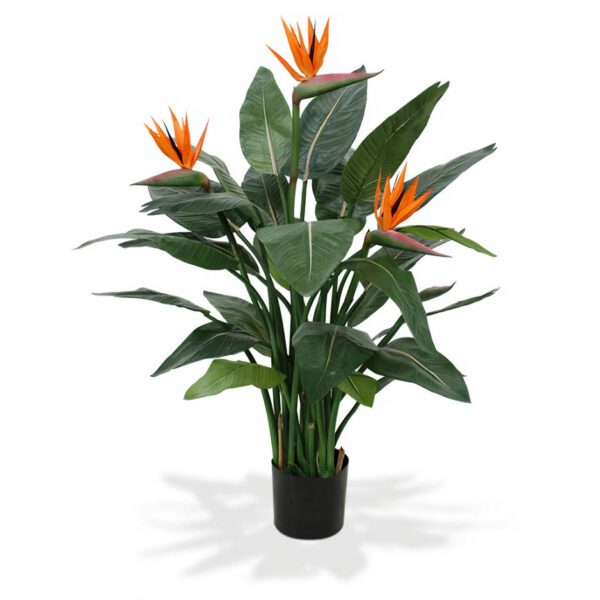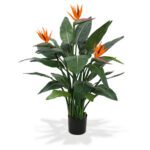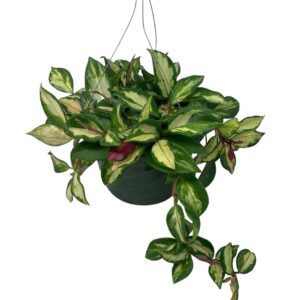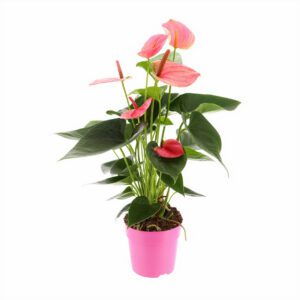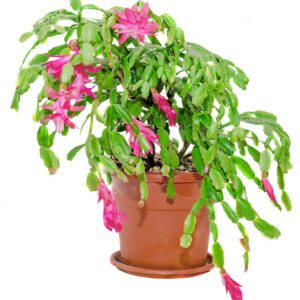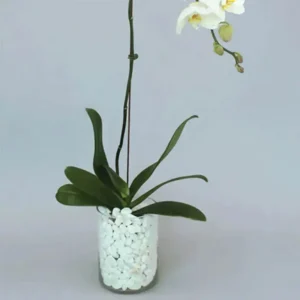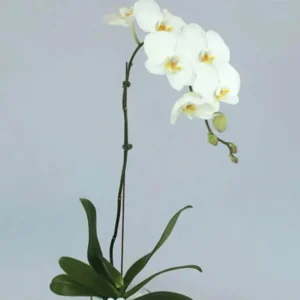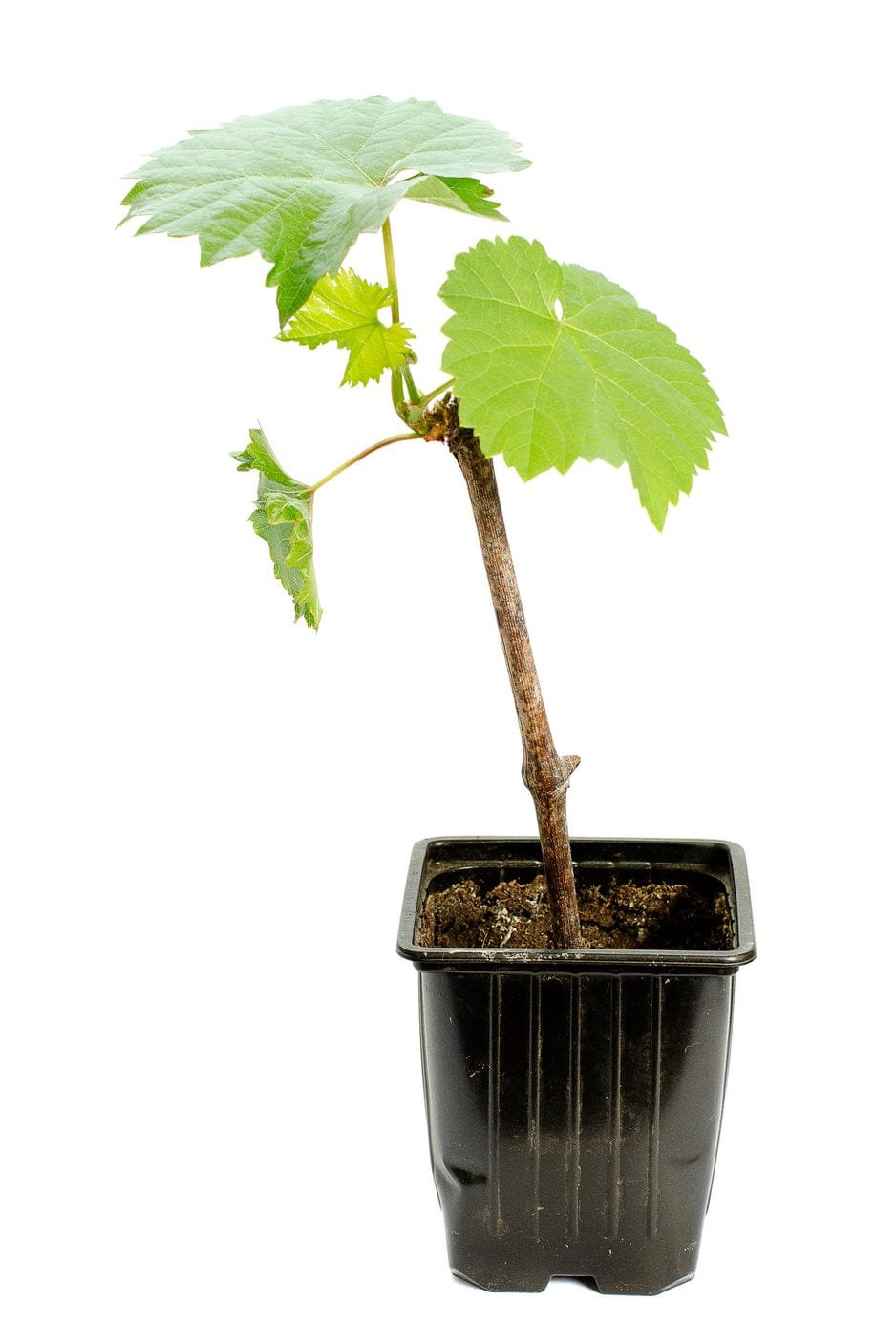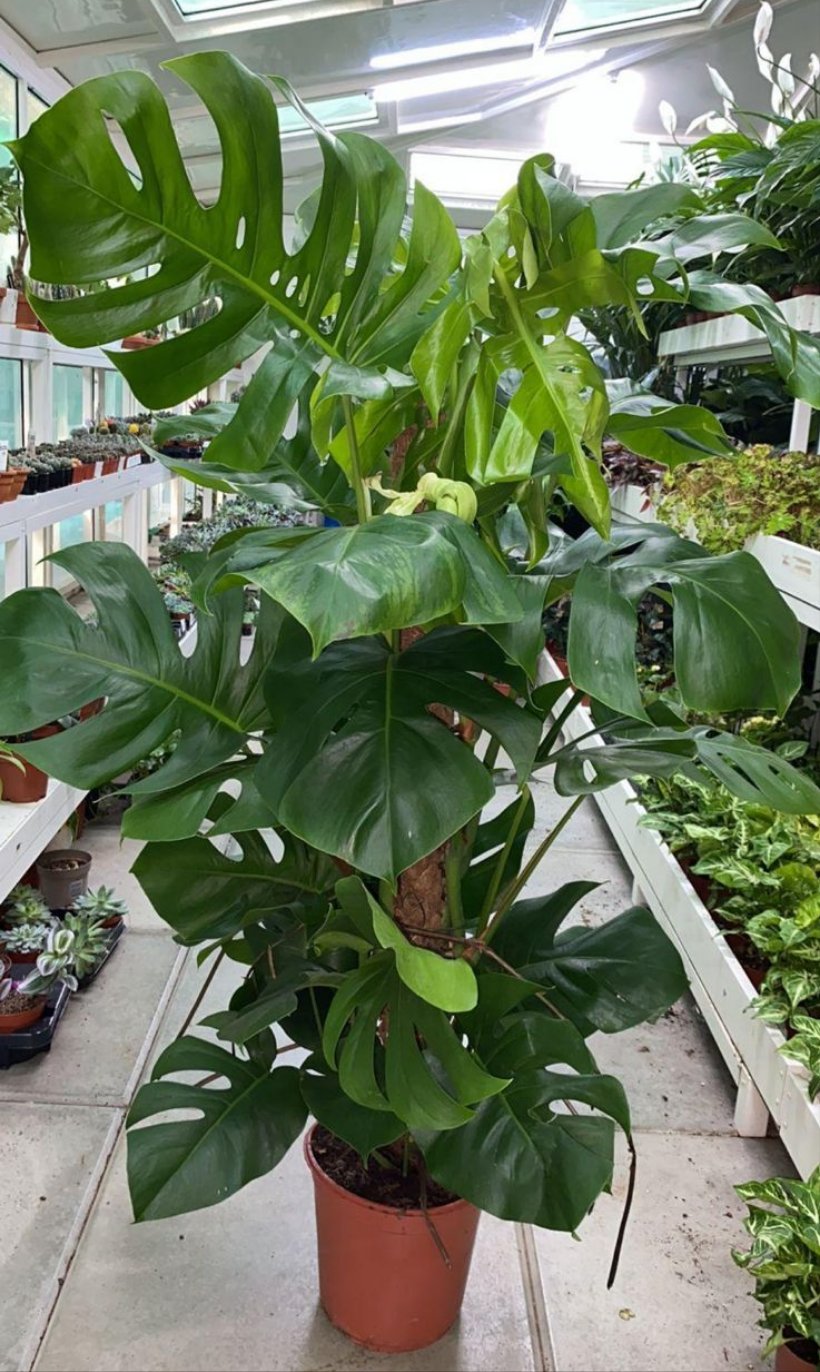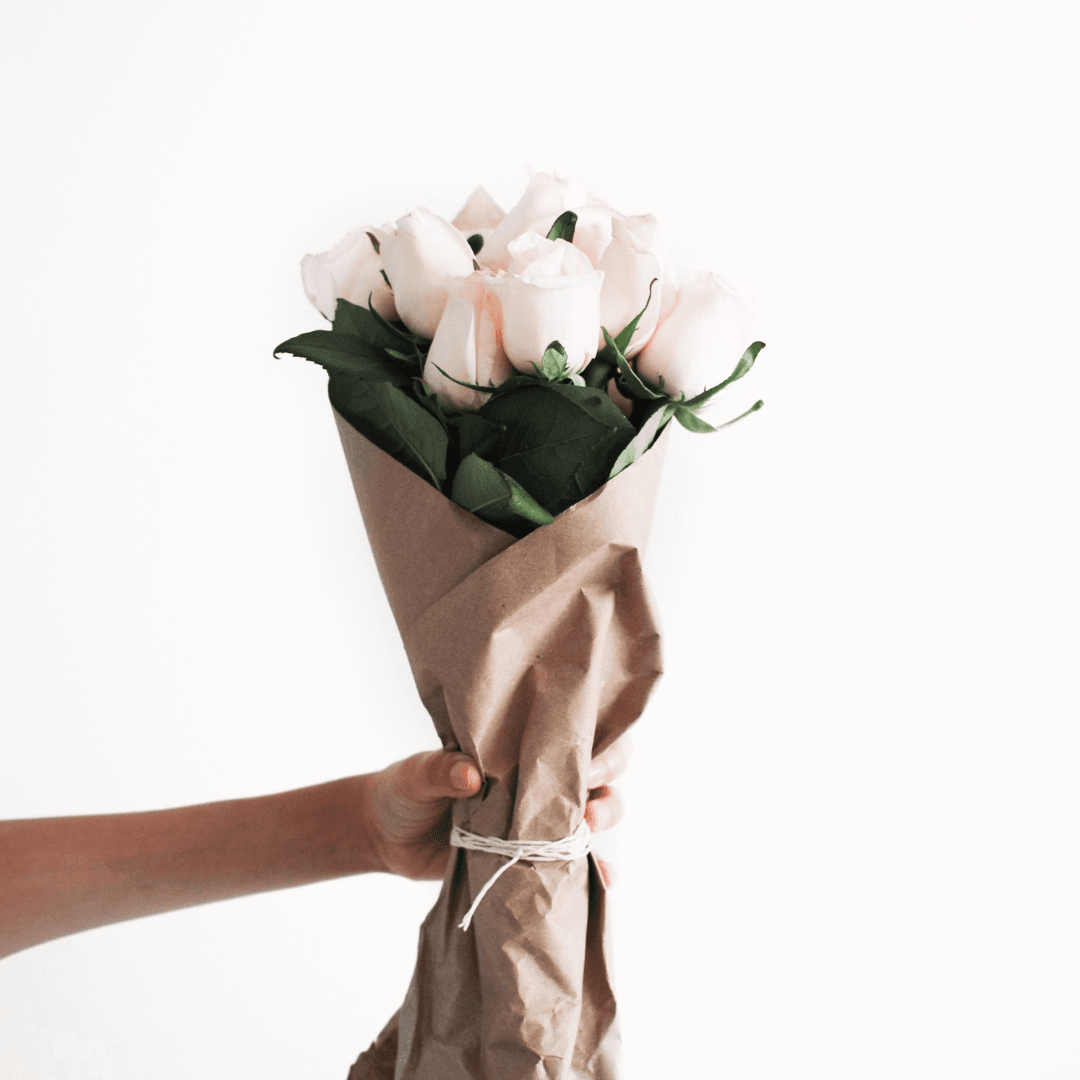Strelitzia Reginae “Bird Of Paradise”
The Strelitzia reginae, commonly known as the Bird of Paradise, is an iconic tropical plant native to South Africa.
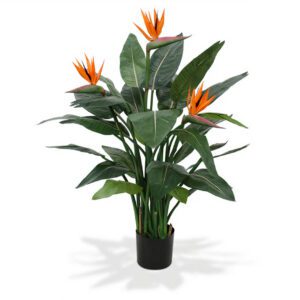
Strelitzia Reginae “Bird Of Paradise”
Description
Additional Information
| Size | 110cm – 120cm, 140cm – 150cm, 30cm – 40cm |
|---|---|
| Flowers Color | Orange |
Disclaimer
The image displayed is for reference only. The actual product may differ in shape, appearance, climate, age, height, and other factors. Plants will be delivered in plastic pots unless the customer explicitly selects a different pot option.
All information provided is shared in good faith. However, we make no representations or warranties of any kind, express or implied, regarding the accuracy, adequacy, validity, reliability, availability, or completeness of the information on this site.

